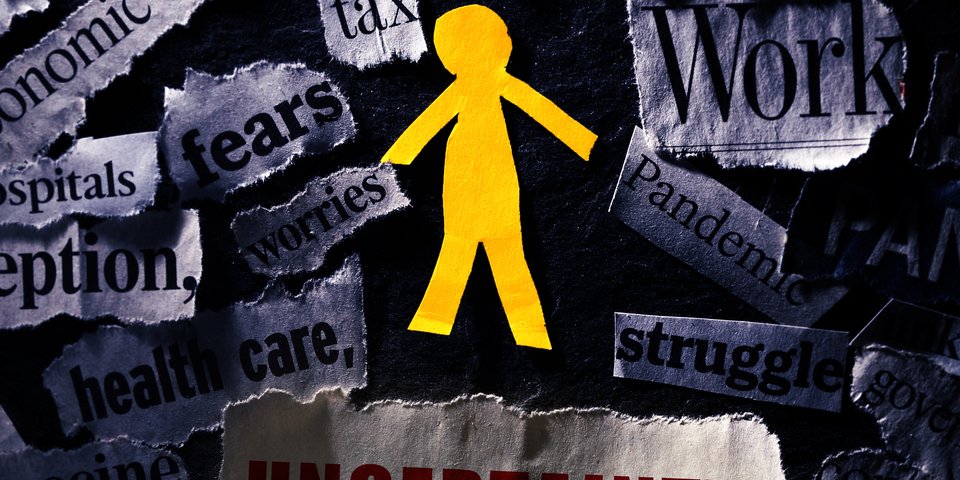 ©zimmytws - stock.adobe.com
©zimmytws - stock.adobe.comNo one must be left behind
Support people, preserve jobs.
SW – 11/2020
With a "second wave" hitting
Europe, we are still in the grip of the COVID-19 pandemic with all its effects.
A look at the map by the European Centre for Disease Prevention and
Control (ECDC) shows that almost the whole of Europe is in the red zone i.e.
where there are 50 new infections per 100,000 inhabitants in the past 14 days
and more than four percent positive test results, or where the level of new
infections exceeds 150 per 100,000 inhabitants in the past 14 days. The
governments of most countries have again taken restrictive measures to stem the
spread of coronavirus and protect human lives.
The consequences of the pandemic for the
European and global economy can not be predicted. Many companies are threatened
financially and people are fearing for their jobs. The existence of non-profit
institutions and provision of social services is also threatened, which means
that the infrastructure could no longer be available in sufficient numbers even
after the pandemic.
It very quickly became clear that some
population groups would be disproportionately affected by the economic
consequences of the pandemic. The current issue of the Newsletter ed* by the German Social Insurance takes a
closer look at the effects of the crisis on employment, participation in income
support measures and policy recommendations for the period of recovery from the
crisis for three of these particularly affected groups: the self-employed,
first-time job-seekers and people with disabilities.
What the three groups have in common is
that they often do not benefit from the short-term assistance measures provided
to compensate for loss of income. For example, Member States try to prevent
unemployment by activating instruments such as short-time work benefits.
However, some "atypical" employees, above all self-employed persons
often do not benefit from short-time work benefits.
First-time job-seekers cannot find
employment and those who manage to find work are the first to lose their jobs
because of the often low protection against dismissal. The International Labour
Organization (ILO) warns of a "lockdown generation". Behind this lies
the concern that youth unemployment could be even more serious as a result of
the coronavirus crisis than it was after the financial crisis of 2008. At the
end of October 2020, the Council adopted a Recommendation on the extension of the Youth Guarantee to
promote the employment of young people throughout the EU, in particular during
the COVID-19 pandemic.
People with disabilities are particularly
affected by the COVID-19 pandemic. Social isolation, difficult access to social
services and care, a lack of accessible information and a higher risk of
developing more severe cases of COVID-19 besides all of the economic impacts
are a few examples that show the significant impact of the pandemic on people
with disabilities. In addition to maintaining personal support and
participation in the workplace, the inclusion of people with disabilities in
all phases of the response to the pandemic is a key requirement of all policy
recommendations and will also be one of the priorities of the European Day of People with Disabilities 2020.
Even before the crisis, the three groups
were considered "vulnerable" in terms of the security of their income
and social security. The COVID-19 pandemic has once again highlighted the
weaknesses of social protection for these groups and the need for sustainable
measures.
You can find the complete newsletter ed* here.
